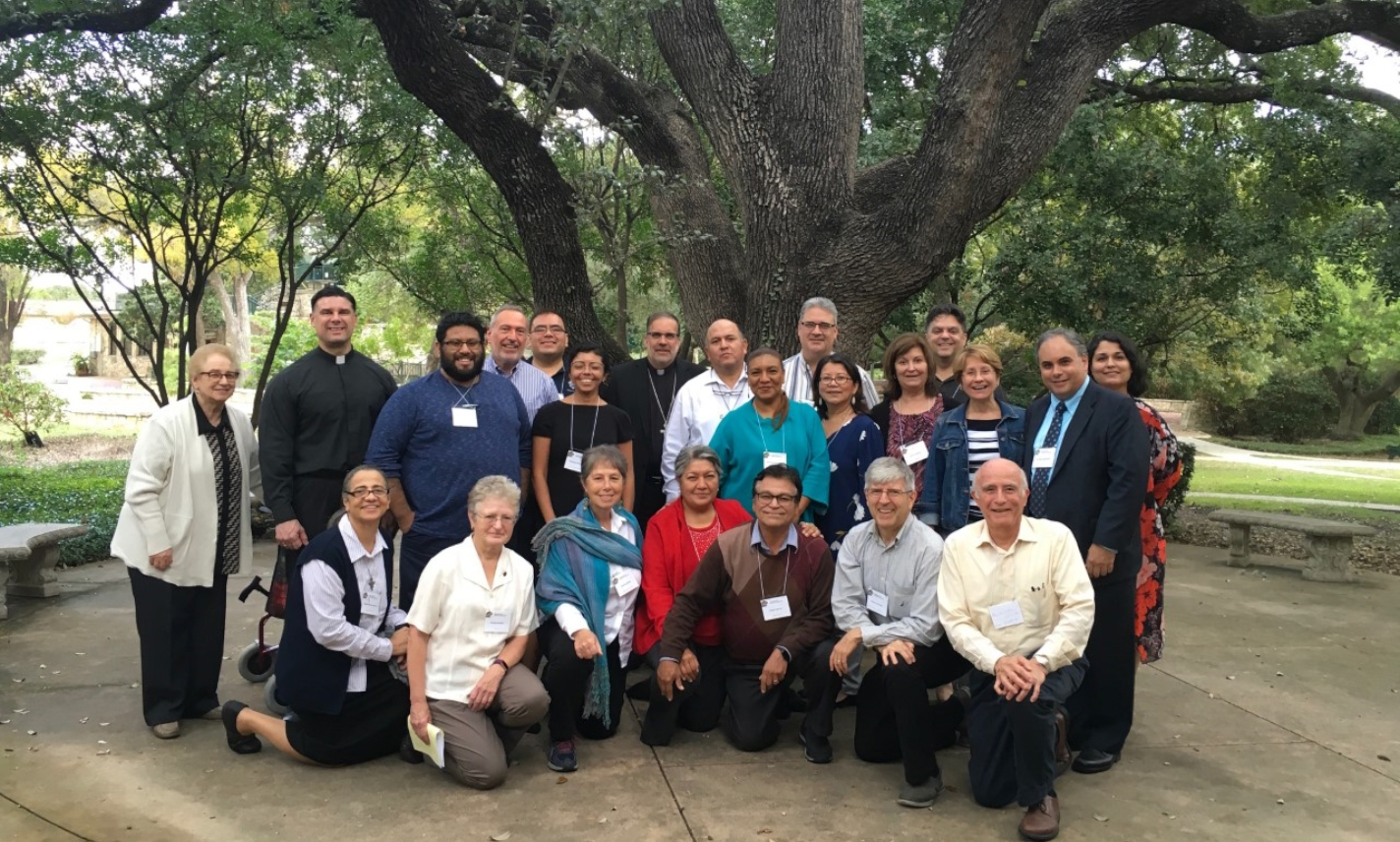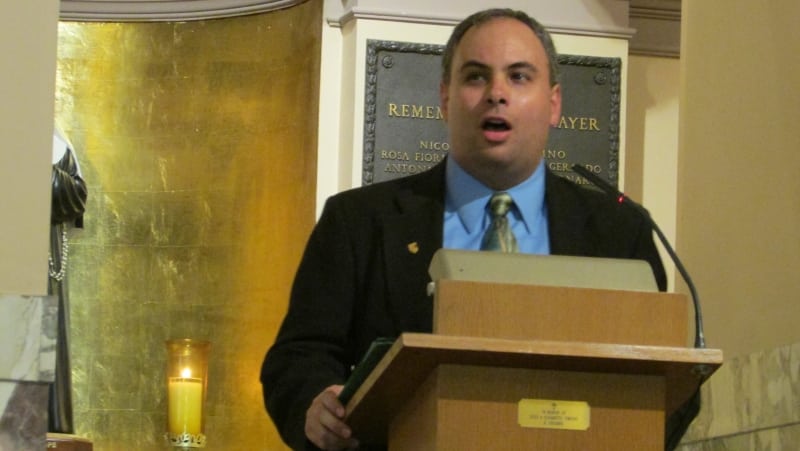Saturday of the 14th Week in Ordinary Time – Cycle 2 | July 8, 2022
Many people who lived in the United States in 1963 will remember vividly where they were and what they were doing the day President John F. Kennedy was assassinated in Dallas, Texas. They can recall details of the day, hearing the information on the news or in a school classroom.
Many Catholics vividly recall the death of St. Pope John Paul II in 2005 and his funeral in St. Peter’s square. He had been Pope for 27 years and some Catholics had never known life under any previous Pope.
The death of leaders, especially when they are in their office, can leave an indelible imprint on our memories.
That’s why the first reading’s first line – the beginning of the book of the prophet Isaiah – isn’t just simply setting the historical context for Isaiah’s ministry, though it does do that. “In the year King Uzziah died,” is a significant marker in the life of this prophet. Uzziah reigned as king in Israel for 39 years – a very long time in the ancient world! Though he started off young and faithful to the Lord – the Scriptures recount how he tried to take over the role of the priests in the temple for himself, contrary to God’s law in the Torah. He was also more concerned about military might and conquest as well, and it seems that while the people of Judah may have felt safe from their enemies during his reign, he didn’t inspire people to follow God’s Law.
So, “in the year King Uzziah died,” the people were in a time of profound transition and unclarity – between something old and something new. It is not surprising that God chose that precise time to speak to Isaiah in that vision his calling which is recounted so beautifully in the first reading.
Isaiah knew the legacy of King Uzziah – “I am a man of unclean lips living among a people of unclean lips,” and he wanted something better for his people. And so, we see, did God! God cleansed Isaiah by having the angel touch the coal to his lips. And Isaiah sees his calling. God doesn’t tell him what to do; God never forces anyone to do anything. Isaiah volunteers to do it! He sees the need and responds.
And the Gospel reading presents Jesus teaching his disciples as he sends them out on mission to proclaim God’s Reign. All of the disciples responded to an invitation from Jesus to follow him and then to share what they had learned and experienced with him.
Jesus is also aware of the challenges arrayed against him – and them – as they do this! He helps them see that even as they might be afraid to speak boldly and might be worried of those who can harm them physically, they are affirmed and held close in love by God! Like Isaiah before them, they were afraid because they weren’t ready at first to respond to the call of God and fearful of the difficulties they would face – especially among people who – like those in Isaiah’s time – might have lost the deep awareness of God’s love for them. But their time with Jesus – God’s glory in human form – had changed their perspective – like the vision of God’s glory did for Isaiah. Even though they may have been afraid, they knew the power of Jesus’ teaching and his deeds. They responded to Jesus’ call to mission and did things in God’s power that they couldn’t have imagined before.
In our time, in our historical moment of profound difficulty, suffering and brokenness, we are reminded that all of us who are baptized Christians are called continuously by God to be a presence of care, accompaniment and healing. We are called to witness to the truth that this is the path God has laid out for us and which can bring new life. The celebration of the Eucharist reminds us of the sacrifice of Christ for us, and calls us to be faithful to the good news entrusted to us. Let us pray for the grace to respond boldly to this call from God – like Isaiah, and as disciples of Christ in our own time and place.
God give you peace!


 Request Dr. DelMonico's professional services for a liturgical, ministerial or leadership consultation, or for an academic or public presentation.
Request Dr. DelMonico's professional services for a liturgical, ministerial or leadership consultation, or for an academic or public presentation.